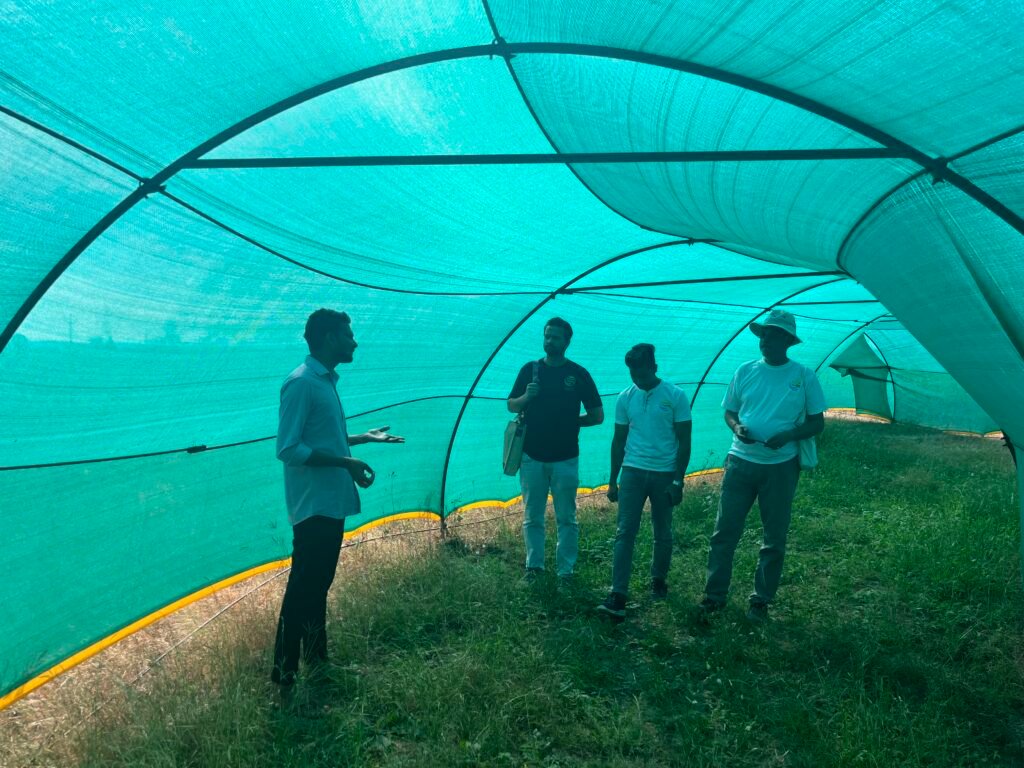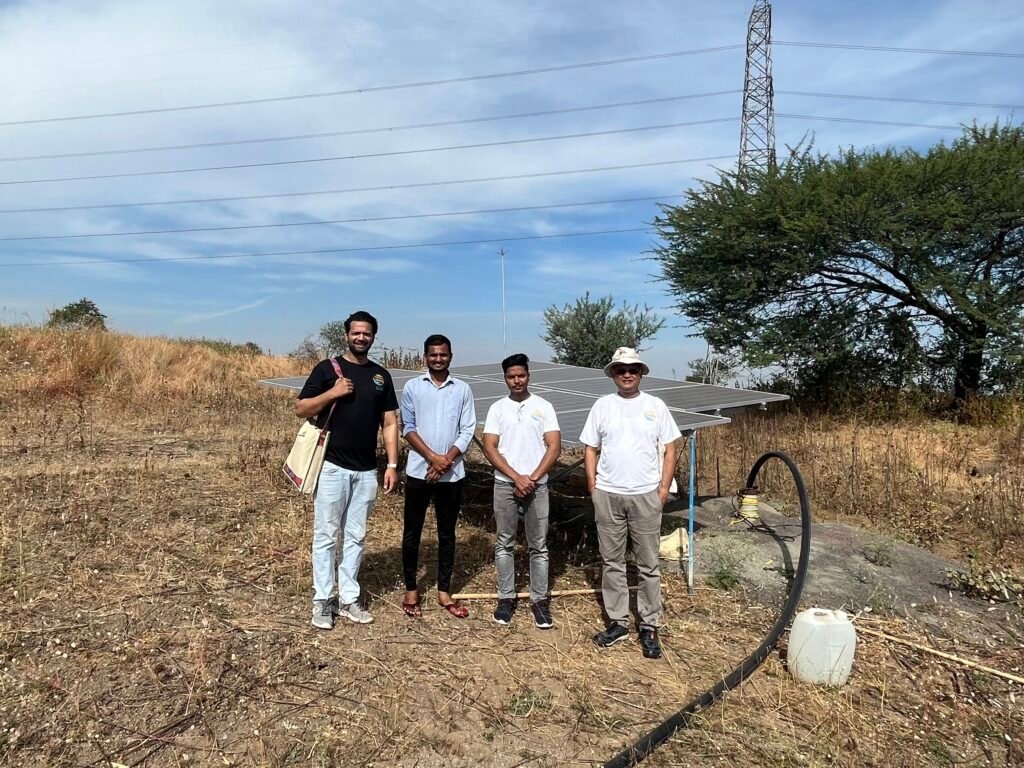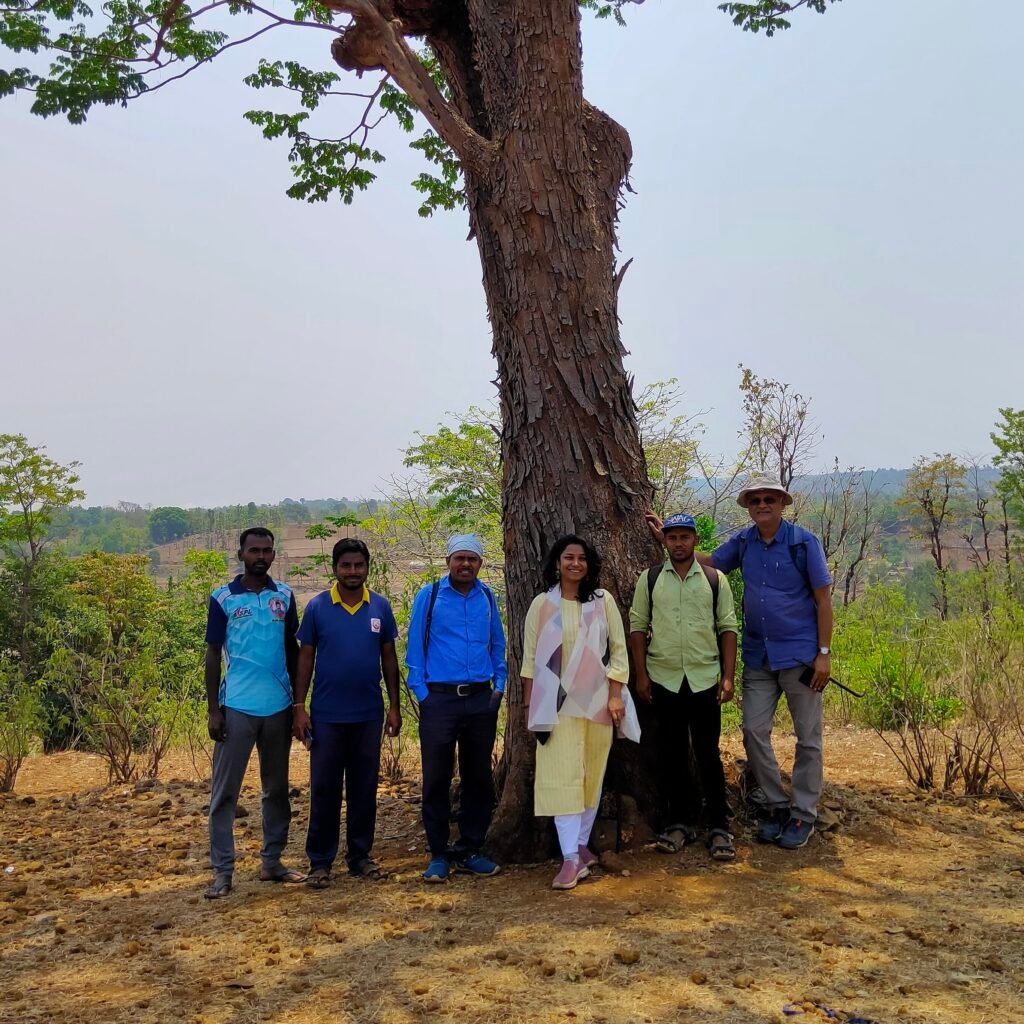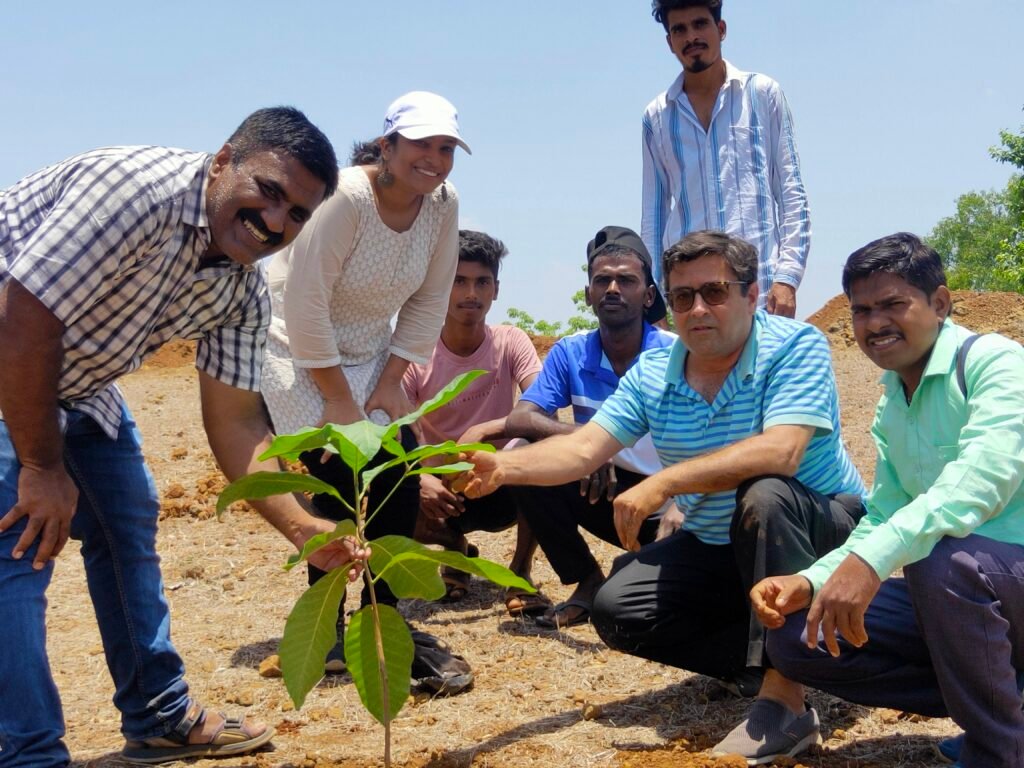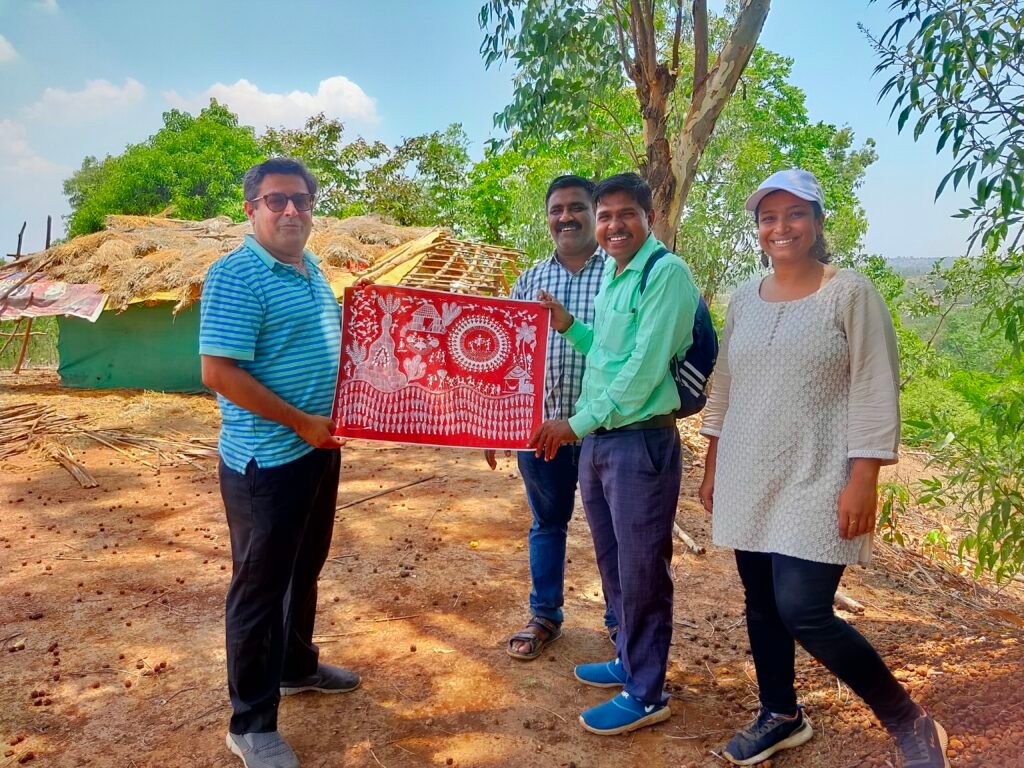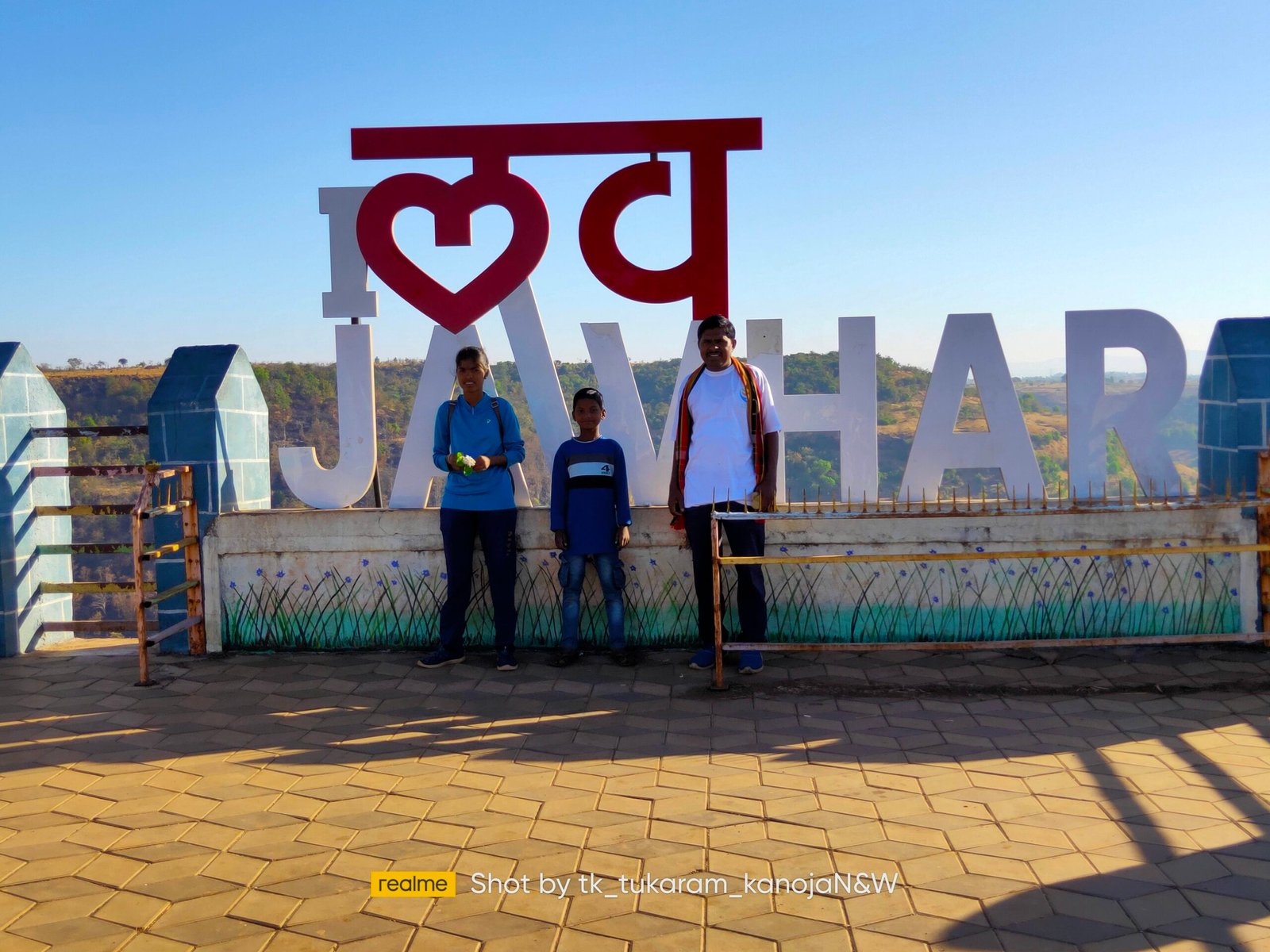
Jawhar Ecology Centre
Jawhar Eco restoration for a stressed landscape
FOUNDER/ PROJECT LEAD
Mr. Rishi Aggarwal
PARTNERS/SPONSORS
Pragati Pratishthan, Nisarg Foundation
PROJECT LOCATION
Jawhar and Mokhada taluka of Palgarh district of (Mumbai) – On August 1, 2014, the country’s largest urban sea-hill of Thane District was divided giving existence to the 36th district of the state which is known as the Palghar. It stretches between the Sahyadri Mountains rows to the east of Palghar’s Northern District and the west coast of the Arabian Sea. The estimated total population of Palghar district is 29,90,116. Mokhada, Talasari, Vasai, Vikramgad, Palghar, Dahanu, and Wada are the eight talukas that make up the district. Thetotal geographical area under the Palghar district is 4,69,699 hectares. The Jawhar and Mokhda talukas are part of the Western Ghats and are covered with the tropical moist deciduous forests which are still in good condition where they are under protected status. But as the protected area boundary ceases the land becomes denuded and barren owing to the indigenous lifestyle that is being followed by the locals of these areas.

PROJECT GOAL
Conservation of the ecology of Jawhar and Mokhada taluka through mitigating the pressures of human needs on the forest and landscape by providing viable alternatives to the prominent factors which cause damage. The factors which cause damage: Firewood collection, Raab as a farming practice, Livestock grazing.
PROJECT INTRODUCTION
Jawhar Ecology Centre is an eco-restoration project founded in January 2017 by Rishi Aggarwal to take a long-term view on conserving the ecology of Jawhar and Mokhada taluka through mitigating the pressures of human needs on the forest and landscape. The landscape in Jawhar and Mokhada talukas which is located about 150 kms from Mumbai is heavily deforested hills and parched soil outside of the monsoon months. The project with the belief that a tree saved from being cut is more than equal to a new tree being planted is working on reducing the stress by humans on the area by providing viable alternatives for the human life dependent completely on forest area for sustaining their lives.

DETAILS OF THE PROJECT
The human strain on the landscape and ecology of Jawhar and Mokhada Tehsil in Palghar District is majorly due to the three factors:
Firewood collection:
Wood is the sole source of fuel being used by the vast majority of the rural population as well as for a sizable portion of the populace residing in small towns and cities of India. Wood is burnt to cook meals and to provide heat during the harsh winters. The gathering of firewood significantly worsens the state of nature as leads to excessive destruction to forest land due to cutting of trees in large numbers without any way of replanting the trees and the harmful gases released from the combustion of the firewood contributes significantly to the global warming .
Raab as a farming practice:
The indigenous agricultural method used by the locals is called raab. In the Raab practise tree leaves are trimmed and spread out to dry on paddy fields, which will be utilised for agriculture in the next monsoon, in the pre-monsoon months of April and May. Once dried, the foliage is burned. This is done to destroy weed seeds and undergrowth weeds. By entirely stripping trees of their foliage, the technique results in less forest cover.
Livestock grazing:
Grazing is allowing livestock to directly consume the growing forage; grasses, legumes, and forbs, in a pasture or rangeland. At the community and ecosystem levels, grazing may lead to changes in the variety of native and alien species as well as in functional plant groupings. Additionally, overgrazing is a frequent occurrence in many plant groups, raising the dangers of erosion, deteriorating the ground, and plant invasion.
For the causes identified for the degrading situation of the Jawhar and Mokhada taluka, the Jawhar Ecology Centre has come up with a turnaround plan consisting of the following ways to help change the scenario:
Use of Soil Solarization Technique instead of Raab:
controlling pests such as soilborne plant pathogens including fungi, bacteria, nematodes, and insect and mite pests along with weed seed and seedlings in the soil by mulching the soil and covering it with tarp, usually with a transparent polyethylene cover, to trap solar energy. It may also describe methods of decontaminating soil using sunlight or solar power. This energy causes physical, chemical, and biological changes in the soil.
Fodder Program:
- Select a target area based on village surveys and willingness to participate.
- Assess the livestock numbers in the target area.
- Assess yearlong fodder requirements.
- Select appropriate fodder grasses to be cultivated.
- Establish pilot fodder growing pastures, free of grazing.
- Create feeding stalls or grazing areas.
Alternative Fuels Program:
- Undertake survey in pilot hamlet to understand daily firewood requirement and the various energy needs of the households.
- Understand the viability of alternate fuel sources like LPG, biogas, induction cooking on solar electricity etc.
- In the interim work on improved choolah efficiency.
Afforestation Program/ Reforestation Program:
- Set up endemic species nursery
- Plantation of local species on private/ forest land that can be used as firewood source by the villagers.
- Try to preserve local customs and knowledge of tribals regarding forest, flora and fauna.
- Working towards preserving Jawhar’s rich heritage of Sacred Groves (Devrai)
SOP
- Use of Soil Solarization Technique instead of Raab
- Fodder Program
- Alternative Fuels
- Afforestation Program
PROJECT IMPACT
- Use of Soil Solarization Technique instead of Raab
- Fodder Program
- Alternative Fuels
- Afforestation Program
SUSTAINABLE DEVELOPMENT GOALS
- Helps control deforestation. Revives forests.
- Supports climate change mitigation efforts locally and globally.
- Creates employment for graduates from social and environmental sciences.
Read More
- Creates local employment for tribals.
- Supports innovation.
- Enhances watershed.
